Truly Human?
Researchers from Australia, New Zealand and Aarhus University were gathered to discuss human enhancement.
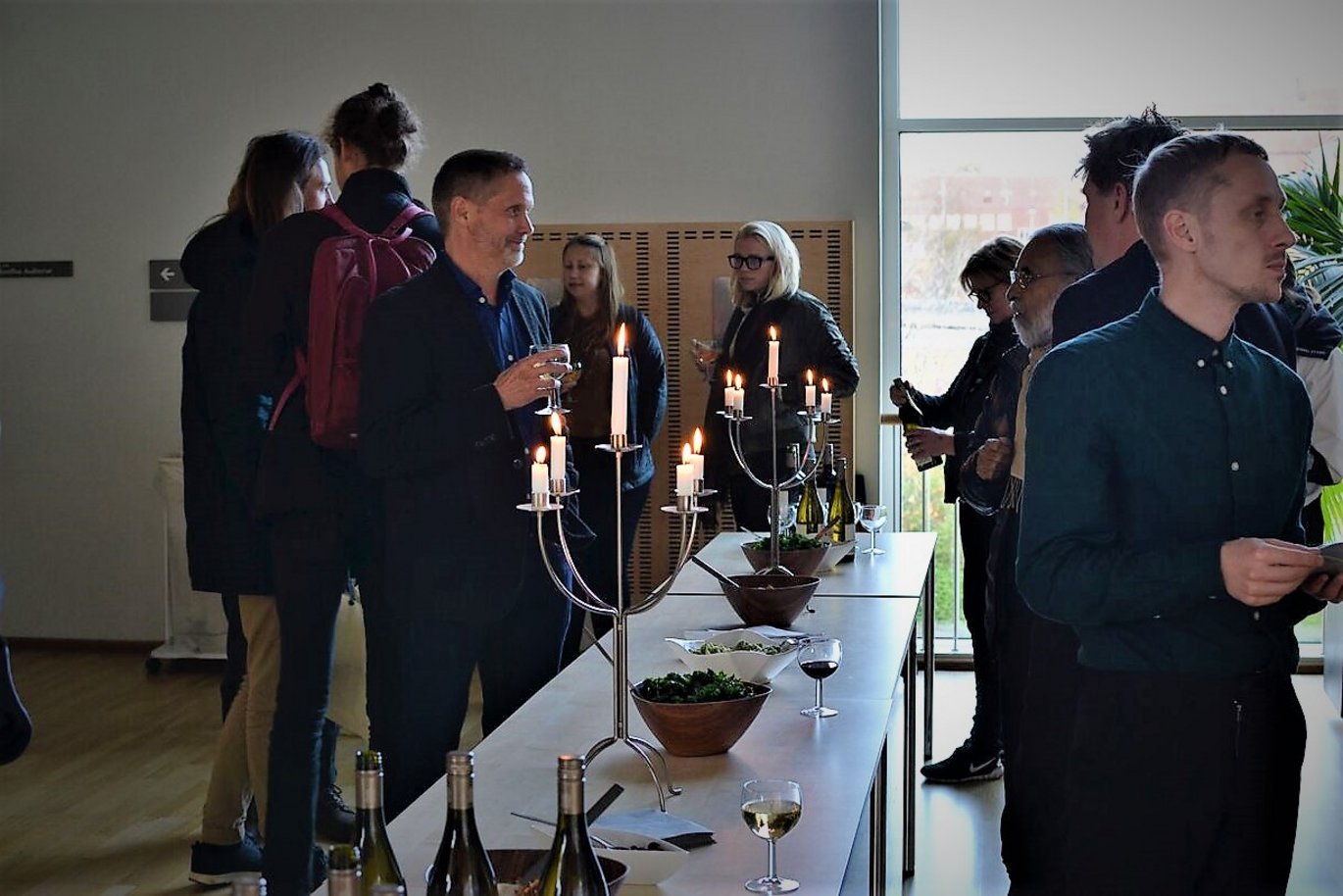
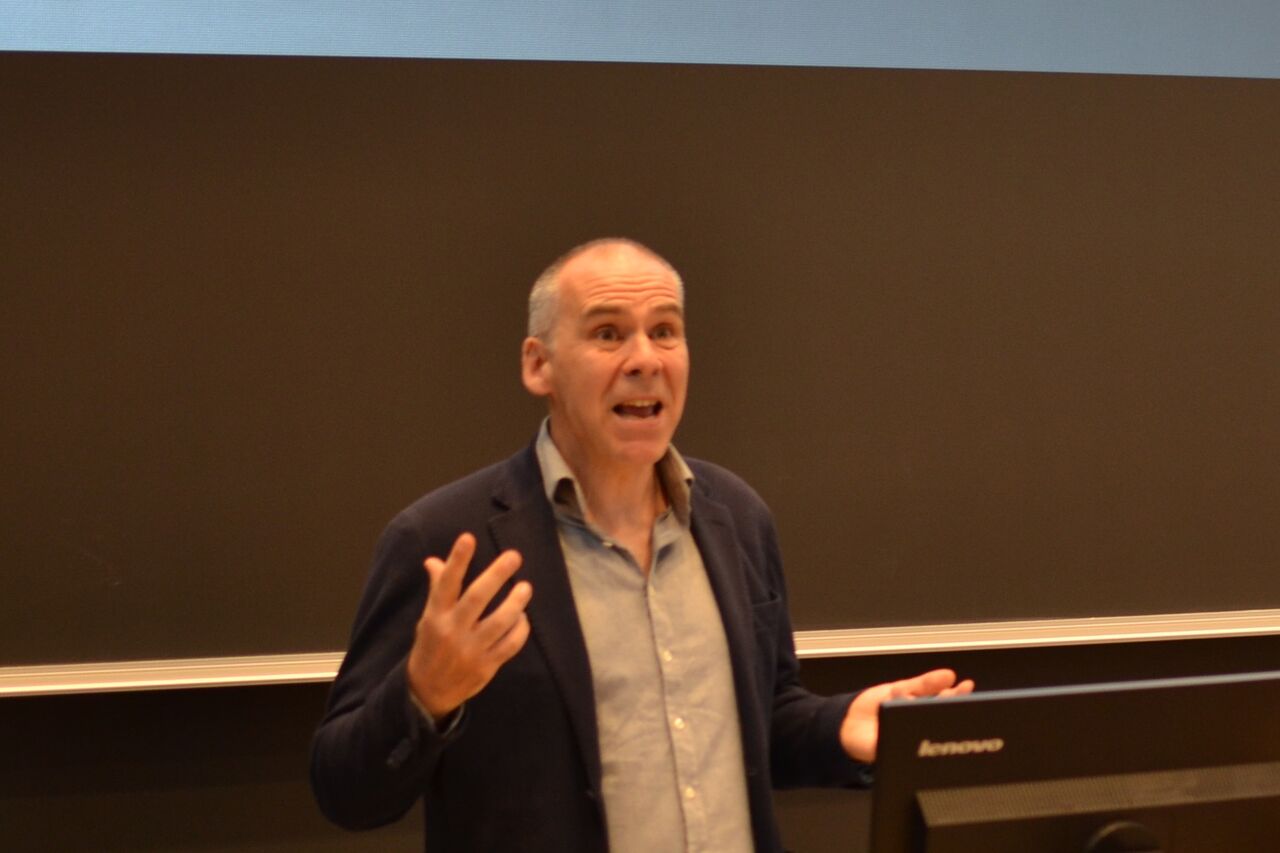
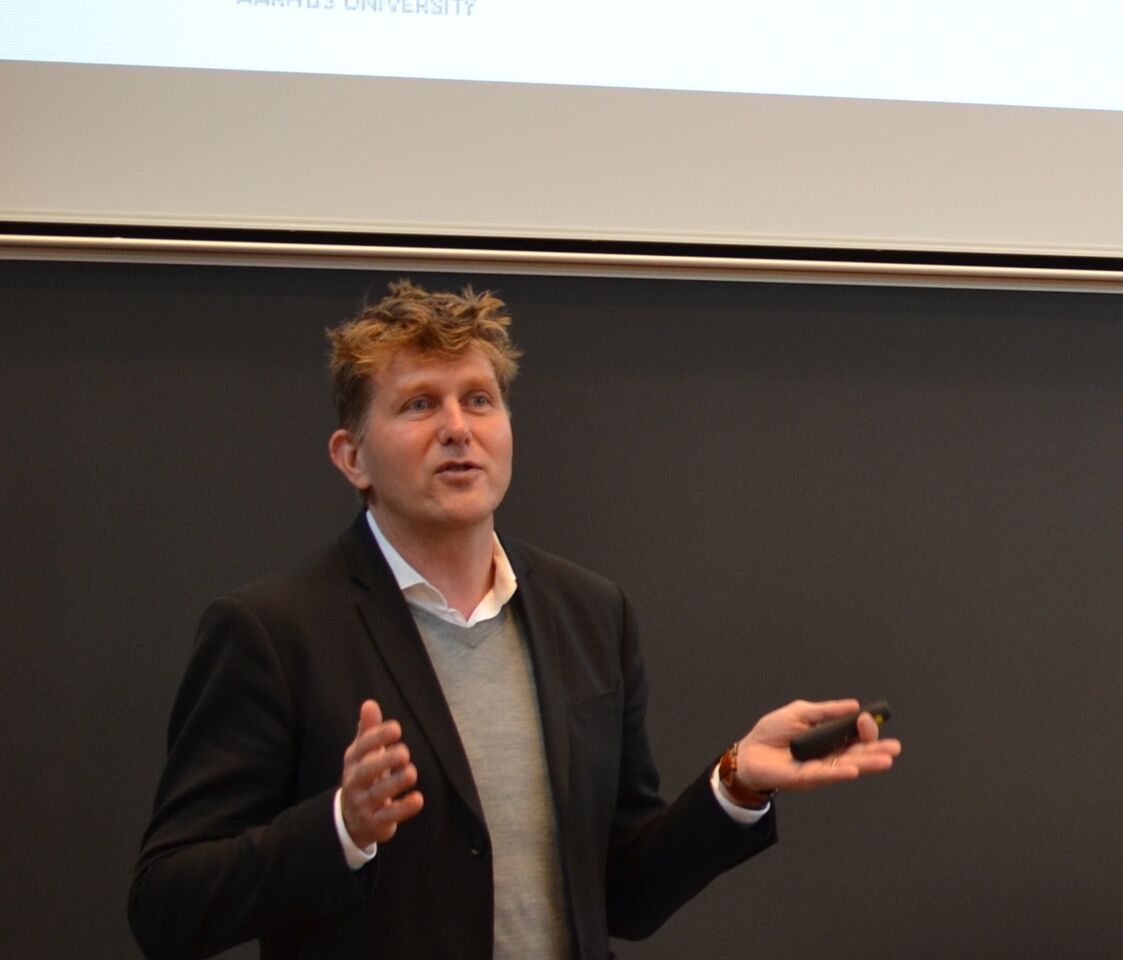
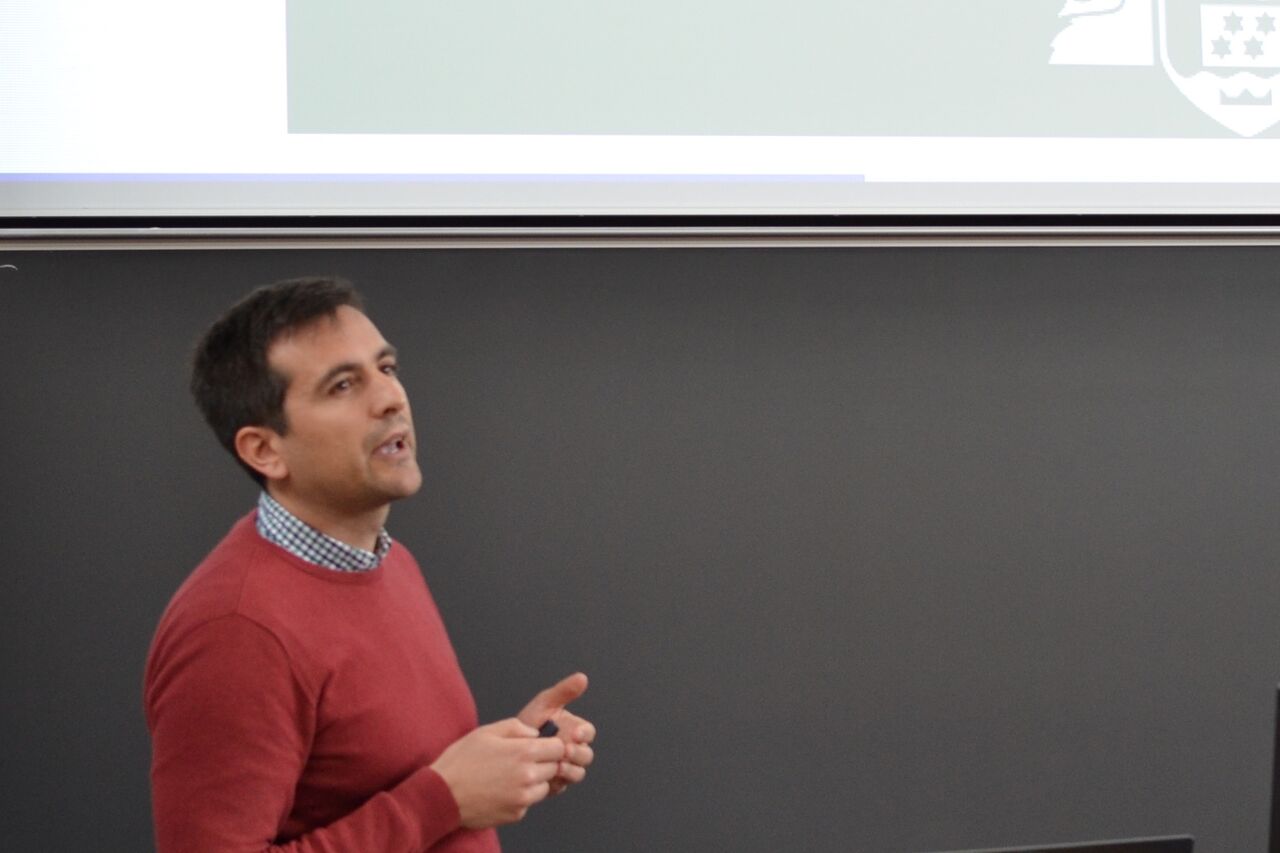
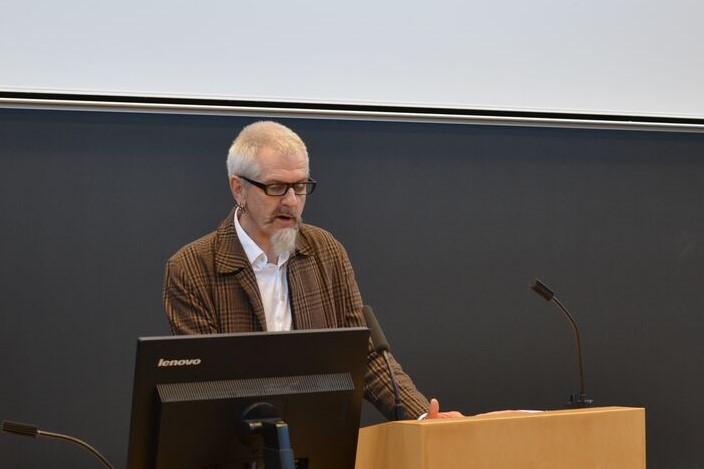
What happens when we enhance humans through gene modification? What do we value as truly human? How free are machines? These were some of the questions raised at the Truly Human seminar held at Aarhus University on October 26.
An international outlook
An auditorium, in the architecturally impressive building of the Lakeside Lecture Theatres, was filled with both students and professors alike. Equipped with a good amount of coffee, they had all shown up for a day dedicated to the discussion of how artificial intelligence, human enhancement, advanced robotics and machine learning are challenging what qualifies as a human being.
Professor MSO Mads Rosendahl Thomsen, from the Department of Comparative Literature at Aarhus University, gave a talk at the seminar together with three distinguished guests from abroad: Robert Sparrow from Monash University, and Nicholas Agar and Jonathan Pengelly, both from Victoria University of Wellington.
Human enhancement
With the recent technological development, it has become significantly relevant to talk about categories such as ‘posthuman’ or ‘transhuman’, which describes humans who have exceeded the maximum of abilities attainable for humans, with the help of genetic manipulation and technological advancements. The question then is, how should we envision a future with such possibilities for enhancements? The talks at the seminar explored this question from different angles, starting with Nicholas Agar’s “Good Philosophical Advice about Enhancement”. In this presentation the focus was on ‘local values’ and whether or not our values actually discourage us from doing certain enhancements. From an aesthetic perspective, imperfection is often a human value in artworks and literature, as Mads Rosendahl Thomsen pointed out in his talk on “the Aesthetics of Pretending to be Human”. An example is the Jorge Luis Borges short story Funes the Memorious about a man who, after falling from his horse, receive the ‘enhancement’ of being able to remember everything – exactly as it happened. This, of course, poses the question: is a perfect memory even desirable?
With the speakers at the seminar mostly being philosophers, Jonathan Pengelly tried bridging the gap between philosophy and engineers of AI and Robotics with his talk “Machine Freedom and the Divided Self”. The question here was: how free are machines? and what are the constraints on machine freedom from a computer scientist’s view? Ending the seminar was professor Robert Sparrow with his talk “Yesterday’s Child”, which one more time turned the discussion to the subject of enhancement - this time in relation to genetic modification and how it will affect children born with the help of this technology.
Sharp arguments were made, and new perspectives raised, but the grand theme of the seminar did not invite final conclusions, and the speakers and participants continued the discussion after the seminar, and all the way into the wine reception which ended the day.
